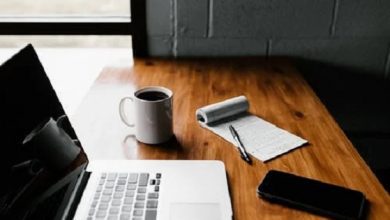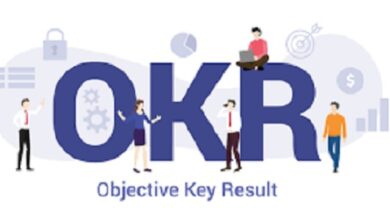Socioeconomic study Types and Objective
A socioeconomic study is a research work on an individual or society, carried out using metric techniques on the social and economic situation to verify or discard hypotheses about the needs and characteristics of a person or group of people.
For companies and institutions, knowing the social and economic environment can be decisive when choosing a new employee, creating public policies or accessing a loan. Several studies show how the social, economic and family situation can influence the characteristics of individuals and groups.
Combines metrics that determine access to basic services, work accidents with sick leave, and unpaid leave for personal matters. In the latter case, the firm may cut the employee’s salary, purchasing power, previous work and any statistical data; but the researcher’s observation is also a central element, as it deals with the human being.
In addition, the socioeconomic study uses well-defined criteria in each case, due to its complexity. Therefore, not only people’s work accidents with sick leave, and unpaid leave for personal matters. In the latter case, the firm may cut the employee’s salary or income are taken into account, but also housing conditions, health, number of inhabitants per household, how they live together, what problems they have, among others.
These studies provide elementary information about the composition of the population and its needs or wants. In public planning, they are the first instrument that governmental and non-governmental organizations should consider.
Despite the remarkable progress in sampling and data collection techniques provided by statistics today, in some cases study implementers intentionally manipulated data to justify a particular design.
In view of this, those who apply it must detach themselves from the social or individual reality of those who serve as the object of study.
Types of socioeconomic studies
Socioeconomic study for credit purposes
Financial institutions such as banks, before giving credit, are especially interested in verifying a person’s income and property.
The purpose is to ensure that in the event of non-payment of a loan, you will have to respond to the bank. In these cases, the study assumes more economic than social aspects, depending on the institution.
Socioeconomic study for hiring personnel
When hiring a new team, companies analyze the profile of candidates and this includes socioeconomic studies; Companies are interested in this data to measure a person’s family load, location, social status, credit record and needs. Hiring may depend on it.
Socioeconomic study for scholarships
When selecting a student for a scholarship, it is essential to check their socio-economic status, there are several socio-economic risk factors that can put them out of education and a scholarship can be the difference between being able to continue their studies or not.
Socioeconomic study for validation of personal data
Public and private institutions are interested in verifying that the data provided is real. Data validation through a socioeconomic study places an individual on the list of trusted people for institutions and organizations.
Socioeconomic study for public planning
These socioeconomic studies tend to be more complex and require a larger number of specialists.
Cities, communities and neighborhoods are subject to this type of study to determine major needs and plan public policies in order to improve the quality of life of the inhabitants.
What are socioeconomic studies for?
Socioeconomic studies – in essence – serve to obtain information that allows the person who collects them to make better decisions within their organization.
Often, the information provided by individuals can be modified to favor themselves and this is, par excellence, the tool to collect the data.
They are the safest way to corroborate the way of life, training and environment. In many cases, these studies can completely change the ideas that a company, bank or institution had about a person.
Its basic intention is to avoid risks, as hiring a liar can cause problems for the institution and compromise its public image.
Everyone is looking for relatively stable people, the more stable the environment, the more attractive the company is. Stability is a guarantee of security and productivity for companies.
Data such as housing conditions can reflect a candidate’s stability. Depending on the required profile, there are several parameters that are taken into account, that is, a socio-economic study of a job is not the same as for a scholarship.
In the former case, companies looking for a person to work with ensure that prospects have fixed expenses, tuition fees and large responsibilities, thus ensuring that it is difficult for the person to change jobs, again causing the search for personnel.
However, if it is a scholarship, the criteria to be granted are precarious living conditions, low salaries, precarious housing, death of parents, illnesses, among others.
Socioeconomic studies also serve to verify the academic degree of the individual, the cognitive tools and even the language that the person uses to express himself. Remember that companies look for different types of profiles according to the position they require. It all depends on the purpose of the position.
In particular, these studies are useful in the area of human resources. Most companies employ this and usually emphasize the candidate’s work history. Likewise, when granting loans for cars, houses, mortgages or developments, these studies are decisive.
But, unlike the previous ones, they focus on the applicant’s credit record and savings ability.
Finally, and perhaps one of its main and noblest uses, socioeconomic studies serve to correctly plan social assistance for the most disadvantaged people in society and, thus, improve the quality of life of human beings in general.




